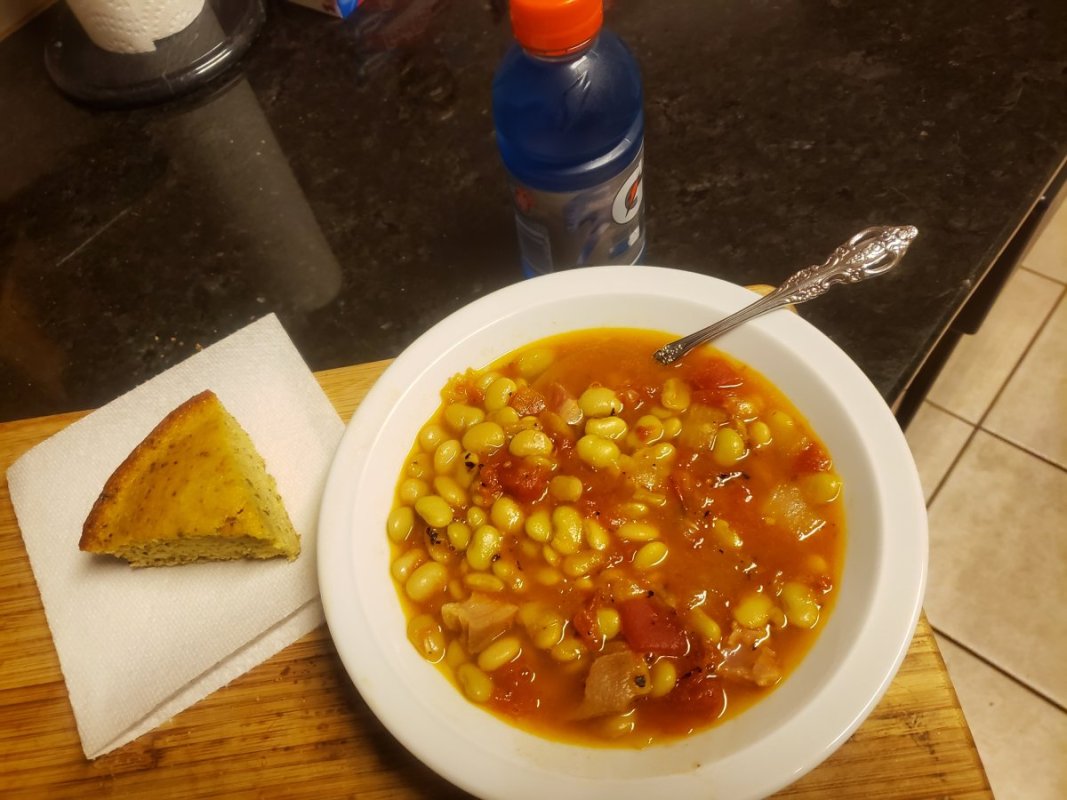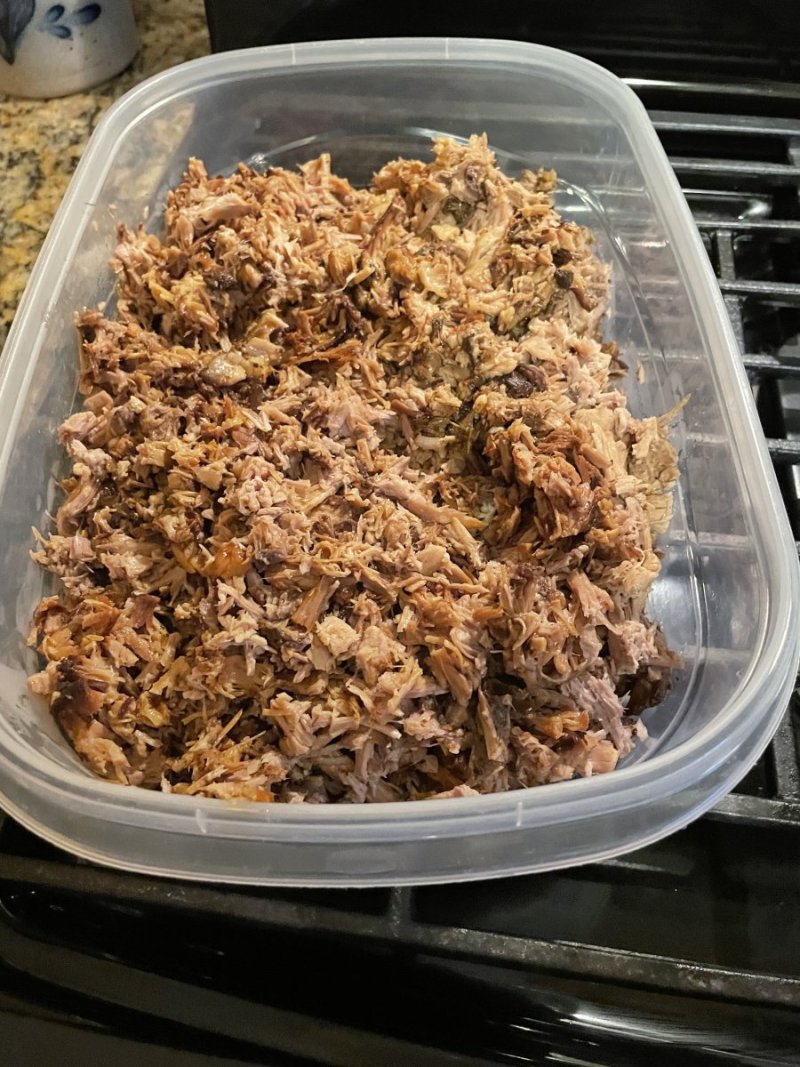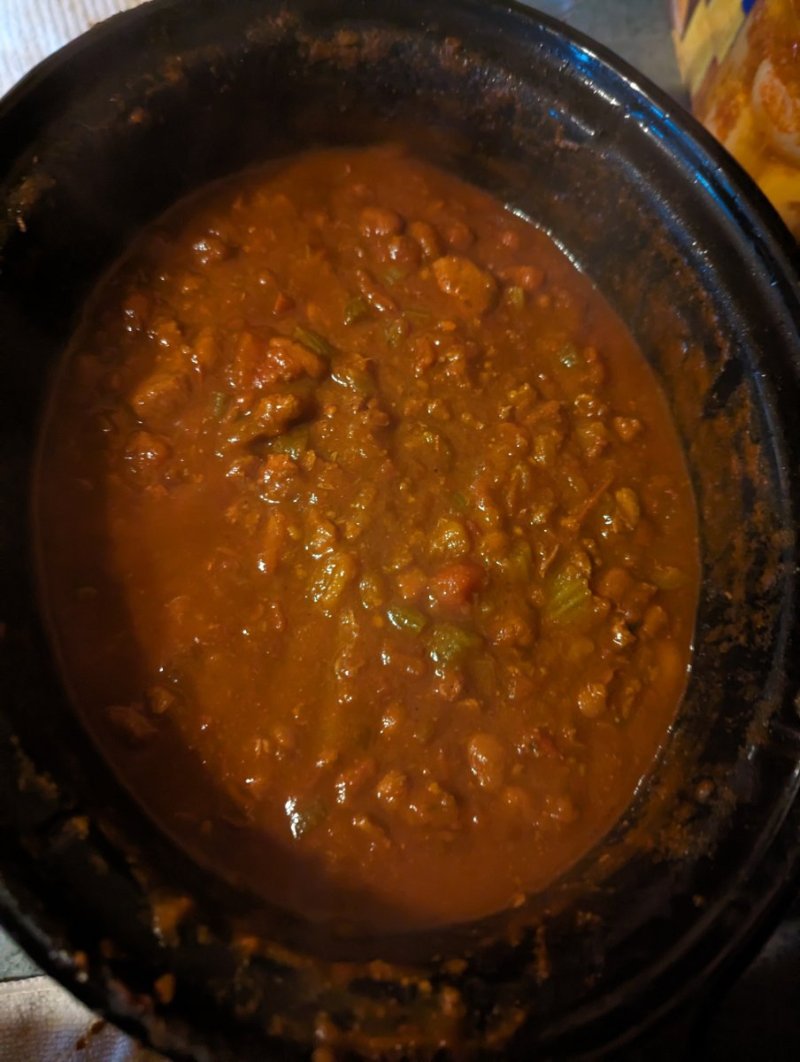I am trying my hand at making bacon from fresh pork belly for the first time. I have had mine sitting in the brine for almost 2 weeks now, only problem is that I wasn't able to locate any of the "pink" salt or the Nitrates that every recipe calls for. I did use a good amount of sea salt with other seasonings that I found in a recipe.
My big question is this, is there any dangers of not having that pink salt in the brine? I plan on smoking it at about 200F until internal temp is 150F, about 2-1/2 hrs.
Thanks
My big question is this, is there any dangers of not having that pink salt in the brine? I plan on smoking it at about 200F until internal temp is 150F, about 2-1/2 hrs.
Thanks









